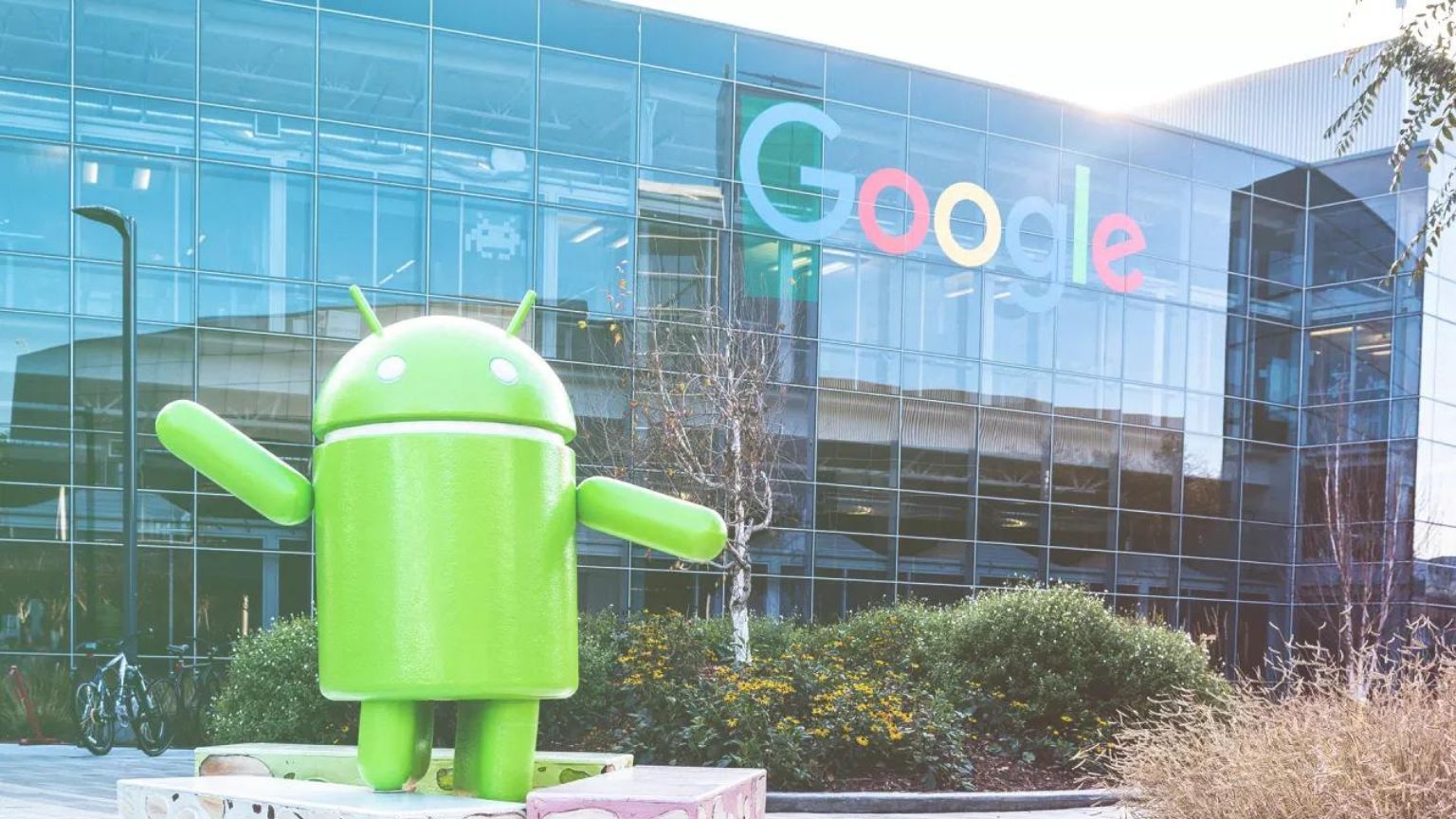
Google faces a fine of approx. $162 million from the Competition Commission of India (CCI) for abusing its dominant position in the market. During its investigation, India’s regulator found many agreements that Google forced its partners to sign. These agreements allowed the company to leverage its position in the smartphone market.
There were five key sectors, as TechCrunch lists them out: licensable OS for phones, app store, web search services, non-OS specific mobile web browsers, and online video hosting platforms. India’s competition regulator is confident that Google has a tight grip over these areas and dominates the smartphone market.
It specifies issues with Google’s unfair practices of pre-installing certain apps on Android phones alongside other conditions that the company has for Android partners. The regulator says that this reduces the “ability and incentive of device manufacturers to develop and sell devices operating on alternative versions of Android.”
The press release says that the MADA arrangement guaranteed that Google applications: Chrome browser, YouTube, and Search are pre-installed on Android phones. Through the ACC and AFA agreements, Google forbade the development of Android forks and the sale of devices running Android-based software without its services like Search. These agreements give it an unfair advantage over its competitors in the market.
The CCI has ordered Google that it will no longer pre-install its core apps on smartphones. Further, it will no longer offer OEMs incentives or force them to pre-install the apps mentioned above if they choose to license access to the Play Store.
It also ordered Google to lift restrictions on developing Android forks and selling devices running such software. Finally, the CCI requires Google to allow third-party app stores to be distributed through the Play Store and not prohibit sideloading in ‘any manner.’
Google is yet to respond to this order.
















